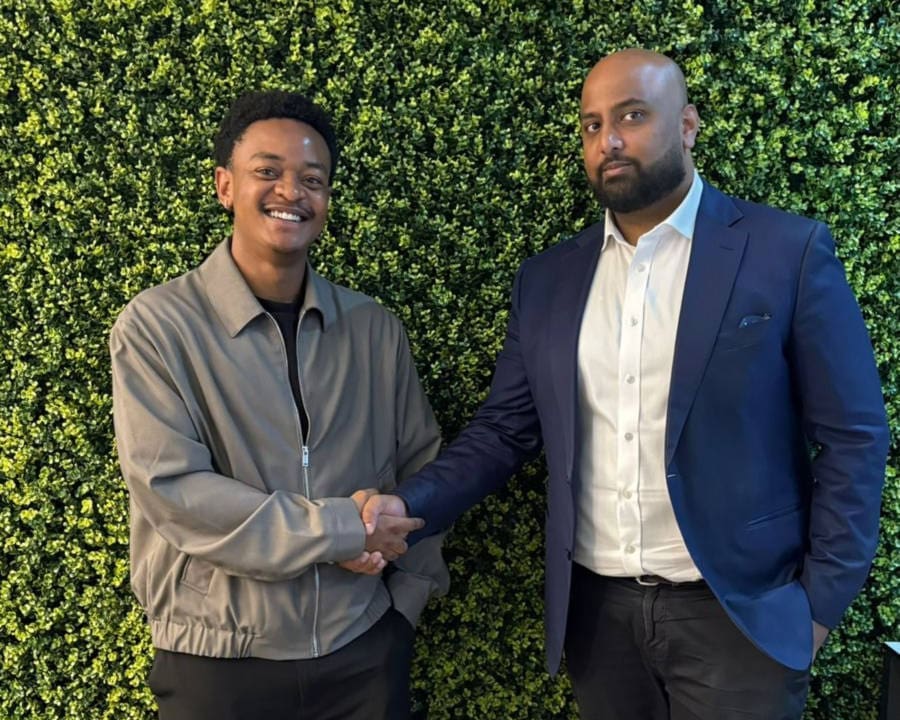The Empire Partner Foundation & TFS Q&A Competition has officially wrapped up for the year with an inspiring final question that brought technology, youth innovation, and sustainability together:
“How can Generative AI help young farmers predict droughts, save water, and build climate-smart agriculture in South Africa?”
The Empire Partner Foundation, in partnership with TechFinancials News, is proud to announce Mahlatse Shaun Machethe, a young creative thinker with a passion for technology and storytelling, as the winner of the October TFS Q&A competition. Mahlatse delivered a visionary answer that captured the spirit of innovation and sustainability at the heart of Solve for X.
“Generative AI can make a big difference for small-scale farmers by turning complex climate data into simple, useful information they can act on,” Machethe explained. “It helps farmers prepare for the unseen future, predicting droughts, planning irrigation, and protecting their crops before challenges hit.”
Revolutionising Farming Through Generative AI
South Africa’s agricultural sector stands as a lifeline for rural communities and national food security. Yet, young farmers face mounting challenges from climate change, longer dry seasons, unpredictable rainfall, and declining supplies of water. Machethe’s response showed how Generative AI can transform these challenges into opportunities.
The solution explained how Generative AI can predict droughts before they happen, using satellite data, weather models, and soil readings to create accurate local forecasts weeks or even months in advance. With early warnings delivered via mobile alerts, farmers can make informed choices about crop selection, irrigation schedules, and water storage.
For example, an AI system could notify Karoo farmers that rainfall is expected to be below average, advising them to reduce irrigation by 20% helping them conserve water without compromising yields.
Beyond forecasting, smart irrigation systems powered by AI can map out fields in real time, identifying exactly which areas need water and when. This precision can reduce water use by up to 40%, all while maintaining or even improving crop quality.
The technology also introduces “digital twins,” replicas of real farms that allow farmers to safely test new ideas, equipment, or planting strategies without the risk or cost of field experiments. And thanks to AI-based mobile advisory tools, even farmers in the most remote areas can receive instant, local-language advice on soil health, pest control, and climate adaptation, all from their phones.
Building a Smarter, More Resilient Future
“In the next decade, I see AI becoming a core part of everyday farming in South Africa,” Machethe said. “AI tools should be accessible to every farmer, not just big commercial ones, helping them make data-driven decisions that increase productivity and protect the environment.”
By blending traditional knowledge with data-driven insights, young farmers are paving the way towards a resilient, climate-smart agricultural system
About the TFS & EPF Q&A Competition
This marks a powerful conclusion to the EPF & TFS Q&A Competition, a platform that has continuously encouraged young minds to think critically, act creatively, and design technology-driven solutions for a sustainable future. Each month, participants reimagine solutions to issues ranging from climate change and education to health and social impact, all aligned with the UN Sustainable Development Goals. One standout innovator walks away with R5,000, recognition, and support from EPF.
For media inquiries or to sponsor a future challenge, please contact:
